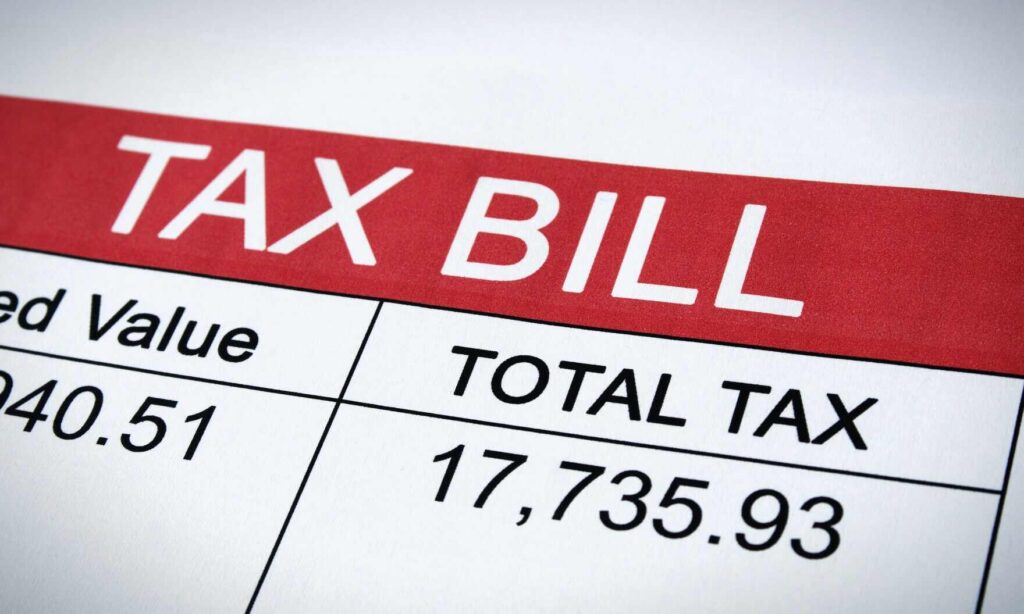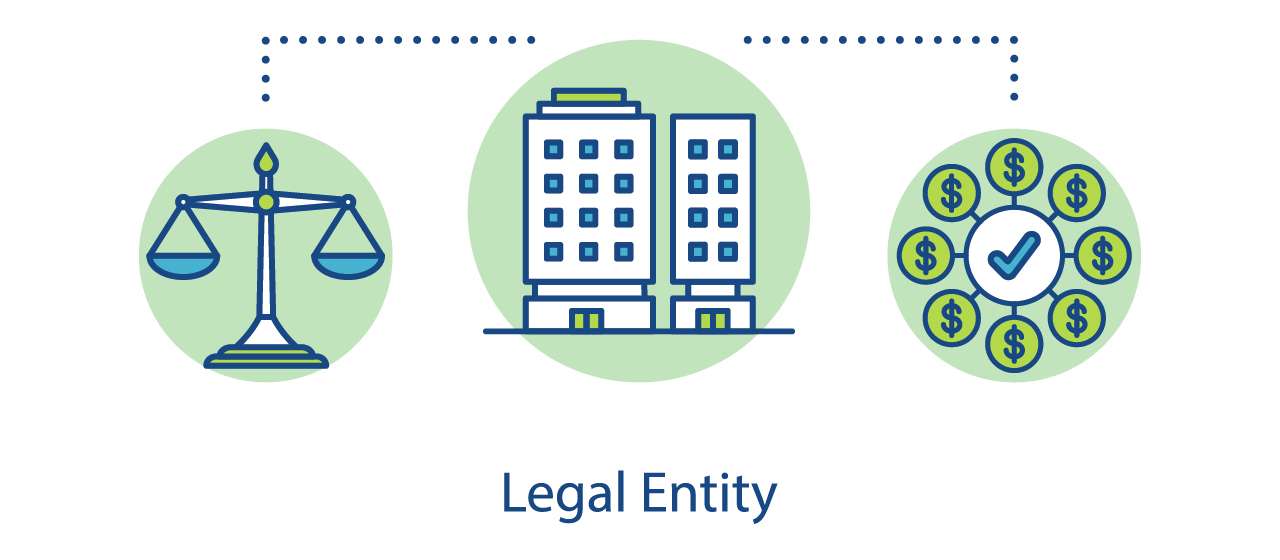Phantom Gains: When FX Movements Create Unexpected Tax Bills
Muhammad Zeeshan
June 11, 2025
For many US/UK taxpayers, the moment they realise that foreign exchange (FX) movements can influence their capital gains tax bill is often a moment of disbelief. How can you owe tax on money you didn’t actually “gain”? The culprit is something called a phantom gain—a tax liability that arises purely from currency conversion differences, even when there appears to be no real economic profit.
In this post, we unpack how currency fluctuations can distort your capital gains, why it matters for US/UK taxpayers, and how to stay ahead of these sneaky tax traps.
The Basics: What Are Phantom Gains?
Phantom gains occur when the foreign exchange rate at the time of purchase differs significantly from the rate at the time of sale. For assets bought and sold in a non-native currency—say, a UK taxpayer buying and selling US stocks, or a US expat selling a UK property—this difference can create a capital gain on paper that doesn’t reflect any real gain in reality.
For example:
- You buy shares for $10,000 when £1 = $1.50, so you pay £6,666.
- A year later, the shares are still worth $10,000, but now £1 = $1.25.
- When you sell and convert back, you receive £8,000.
No economic profit, right? The asset didn’t increase in USD value.
But in tax terms:
- You bought for £6,666 and sold for £8,000.
- That’s a £1,334 gain—and taxable.
You’ve just met the phantom gain.
Why This Hits US/UK Taxpayers Hard
This issue especially affects:
- US citizens abroad who must report worldwide income in USD, even for foreign currency transactions.
- UK residents investing or transacting in USD-denominated assets (like US stocks, ETFs, or crypto).
- Dual taxpayers managing obligations in both countries.
The US IRS requires taxpayers to calculate gains using the USD cost basis and sale proceeds—meaning every transaction involving a foreign currency introduces potential FX volatility. Similarly, HMRC requires that gains on overseas assets be reported in GBP, not the local currency of the asset.

Real-World Traps
Here are some scenarios where phantom gains might catch you out:
- Selling Foreign Shares
If you hold US shares as a UK resident, you may see a capital gain in GBP simply because the dollar strengthened—even if the share price stayed flat.
- Property Sales
A US expat selling UK property could face a gain in USD terms just because the pound depreciated.
- Crypto Transactions
Crypto often involves both price volatility and currency translation headaches. Converting between crypto and fiat currencies adds layers of FX exposure.
- Foreign Mortgage Redemptions
This is one of the most frequently overlooked causes of phantom gains. Suppose you’re a US taxpayer living in the UK, and you took out a UK mortgage in sterling. Years later, when you repay it, you do so using funds that are considered in USD for US tax purposes.
If the pound has depreciated since the mortgage was originated, it will now cost you less USD to repay the same GBP amount. That difference—though it represents no real gain to you—is treated by the IRS as a foreign currency gain under Section 988 of the Internal Revenue Code.
Even though you’re just paying off a debt, you could be hit with a taxable FX gain—often with no cash proceeds to cover the bill. For large redemptions or refinancing events, this phantom gain can be substantial and completely unexpected.
Strategies to Manage the Impact
While phantom gains can’t always be avoided, you can take steps to manage them:
✅ Track FX Rates Carefully
Keep records of the exchange rates used at the time of acquisition and disposal—or origination and repayment, in the case of loans. Tools like HMRC’s published rates or IRS’s average annual rates can help support your tax position.
✅ Time Transactions Thoughtfully
If exchange rates are volatile, consider timing sales or redemptions when FX movements will minimize your tax exposure.
✅ Use Tax Software or Advisers
Currency-adjusted capital gains reporting is complex. Use software that supports multi-currency transactions—or consult a tax adviser familiar with cross-border tax issues.
✅ Understand Dual Reporting Rules
If you’re subject to tax in both the US and UK, understand how foreign tax credits and tax treaties interact. You may be taxed on a phantom gain in one country, but able to claim relief in the other.
Conclusion
Phantom gains are one of those tax pitfalls that seem almost unfair—but they’re very real in the eyes of the IRS and HMRC. For globally mobile individuals or those with international investments, awareness is the first line of defence. Whether you’re redeeming a mortgage, selling shares, or just paying off a loan, understanding how FX movements affect your capital gains can help you plan smarter—and avoid nasty surprises at tax time.
Complex Cross-Border Tax Rules? We’re Here to Help
Have Any Question?
Consult Our Expert Tax Consultants for your Cross-Border Taxes!
- +44 (0)2034354425
- info@harrisonswift.com
Categories
Our Blog
Latest Blog & Articles
The New “Digital Nomad”: Working Across Borders and the US/UK Tax Traps
The New “Digital Nomad”: Working Across Borders and the US/UK Tax Traps Muhammad Zeeshan June 11, 2025 Tax In...
Setting Up a UK Business as a US Person: Legal Entity Pitfalls
Setting Up a UK Business as a US Person: Legal Entity Pitfalls Muhammad Zeeshan June 11, 2025 Tax For...
Phantom Gains: When FX Movements Create Unexpected Tax Bills
Phantom Gains: When FX Movements Create Unexpected Tax Bills Muhammad Zeeshan June 11, 2025 Tax For many US/UK taxpayers,...



